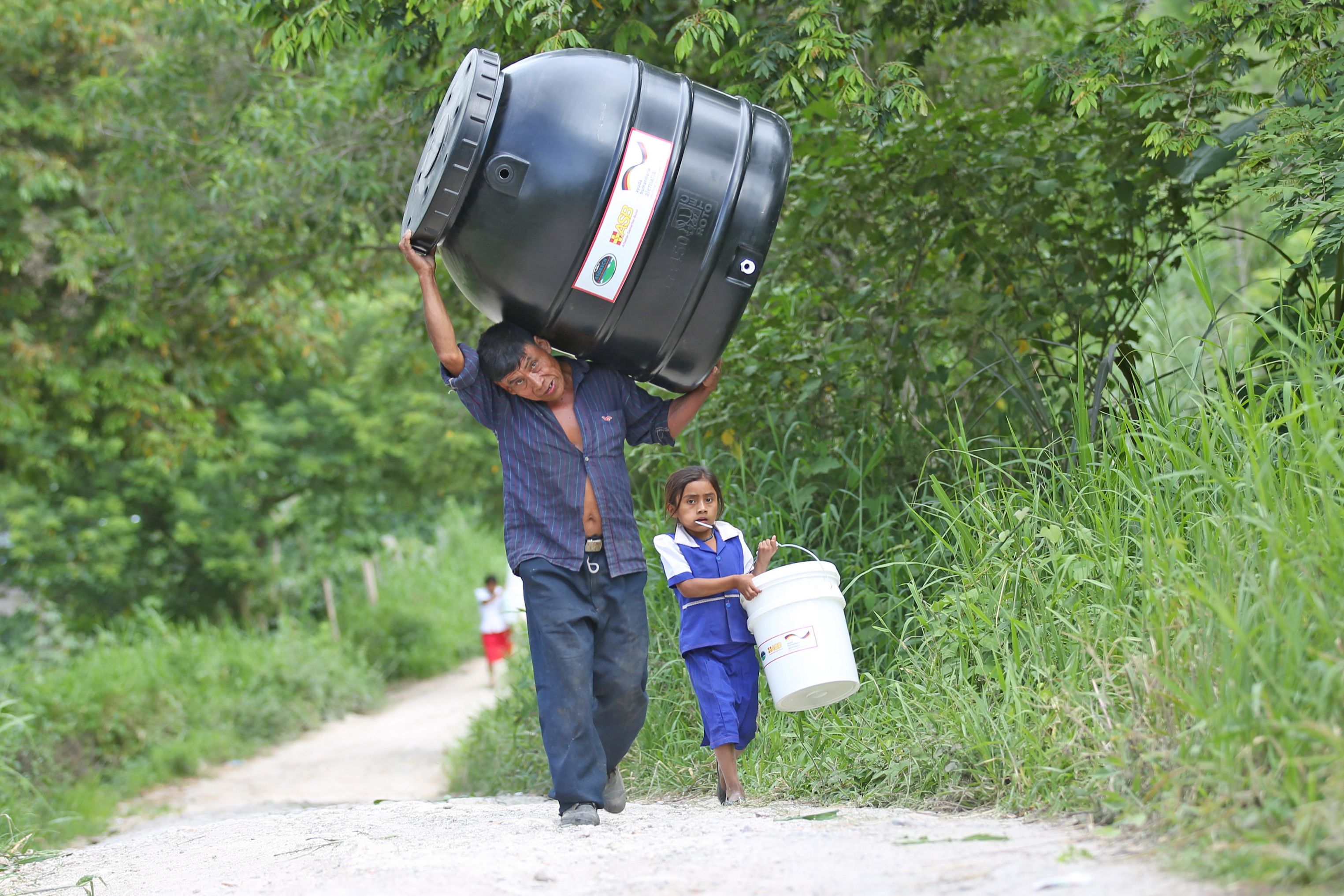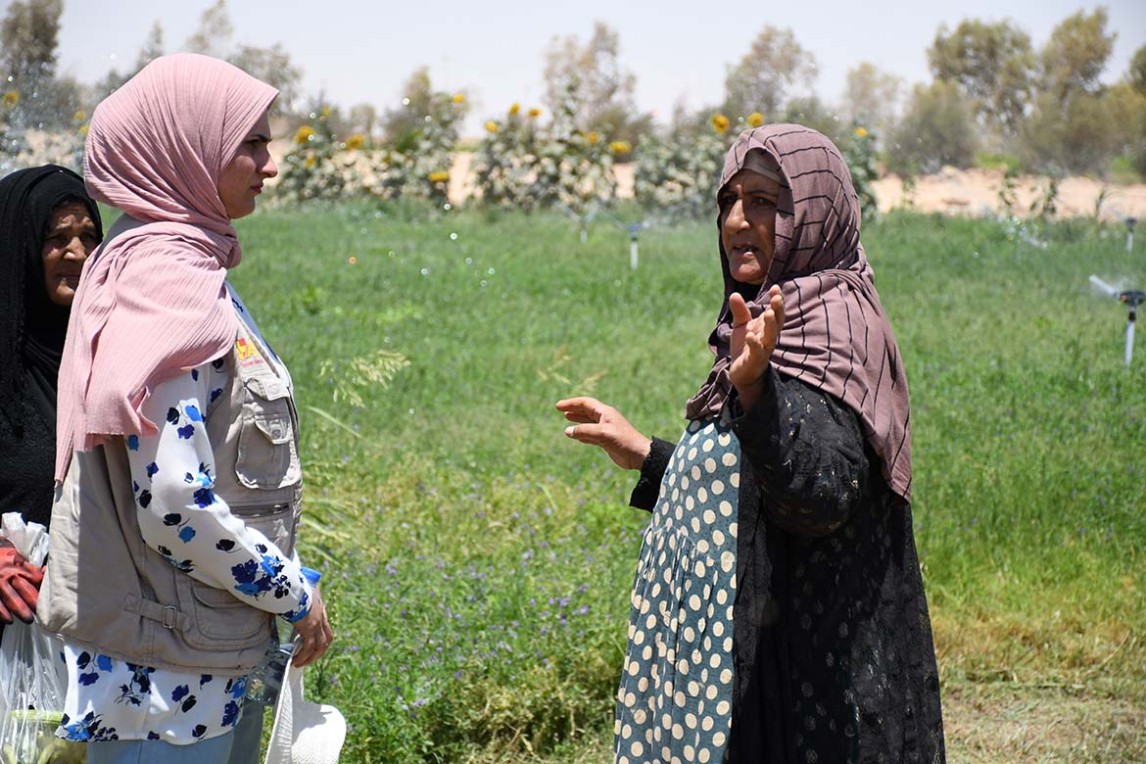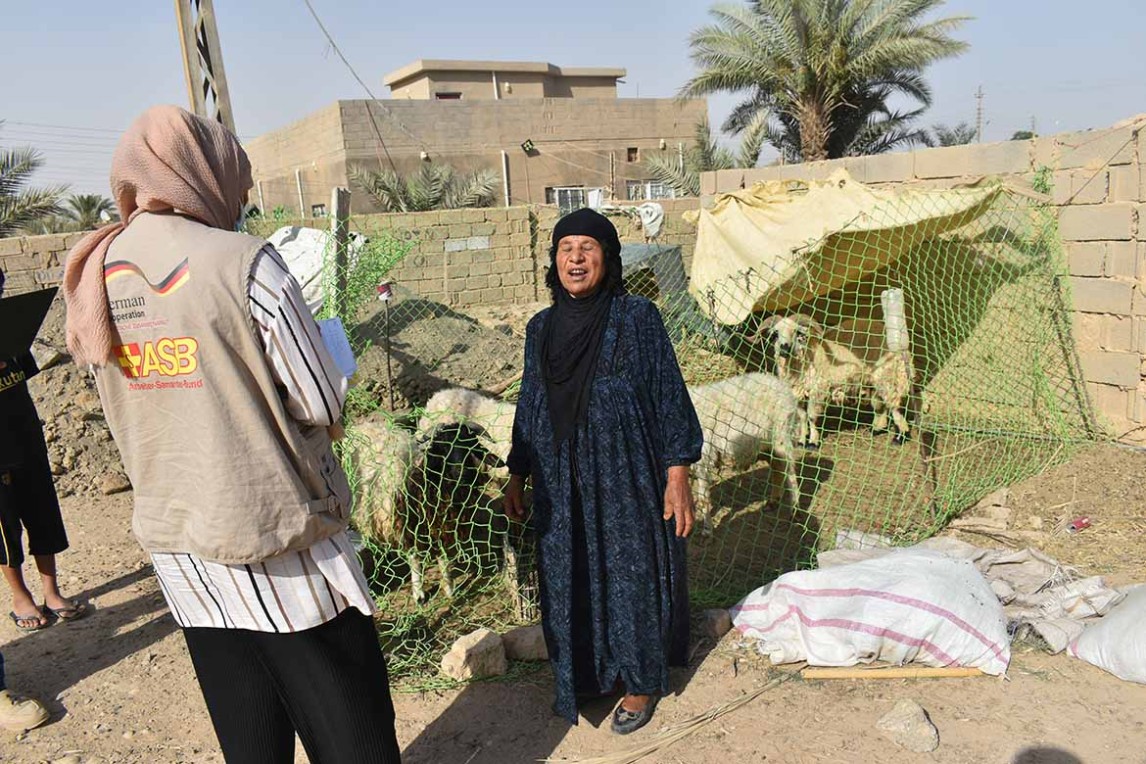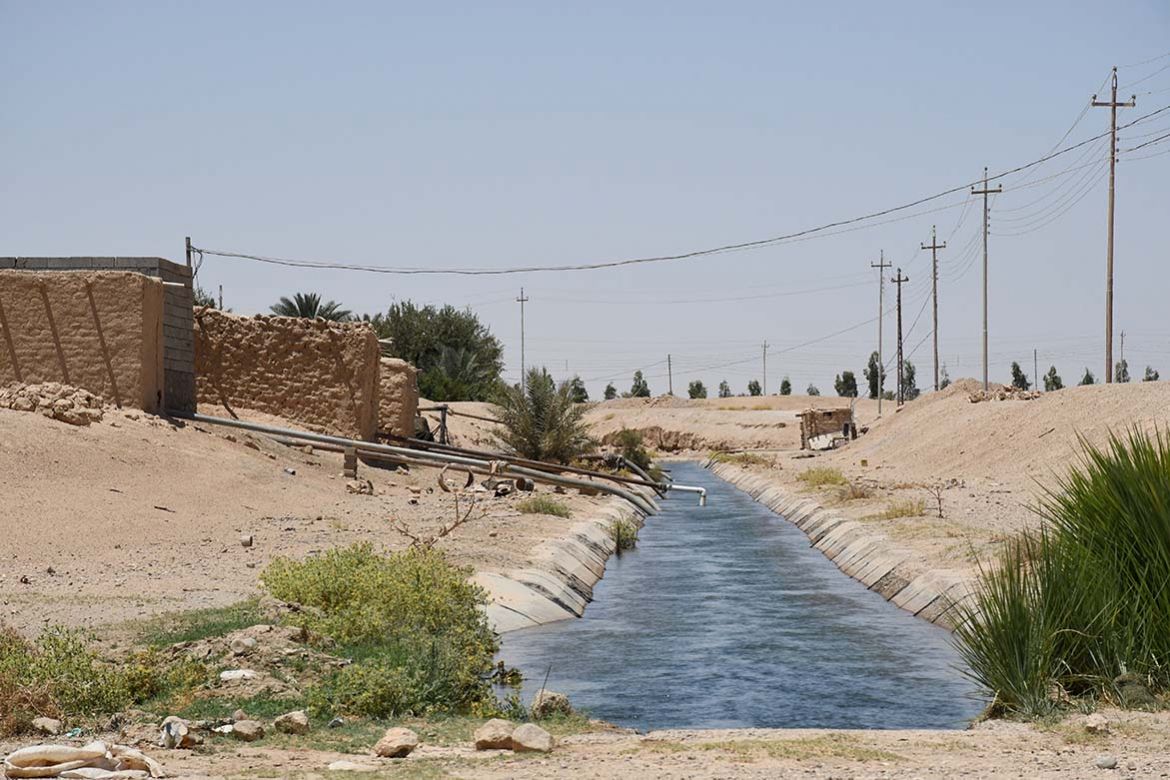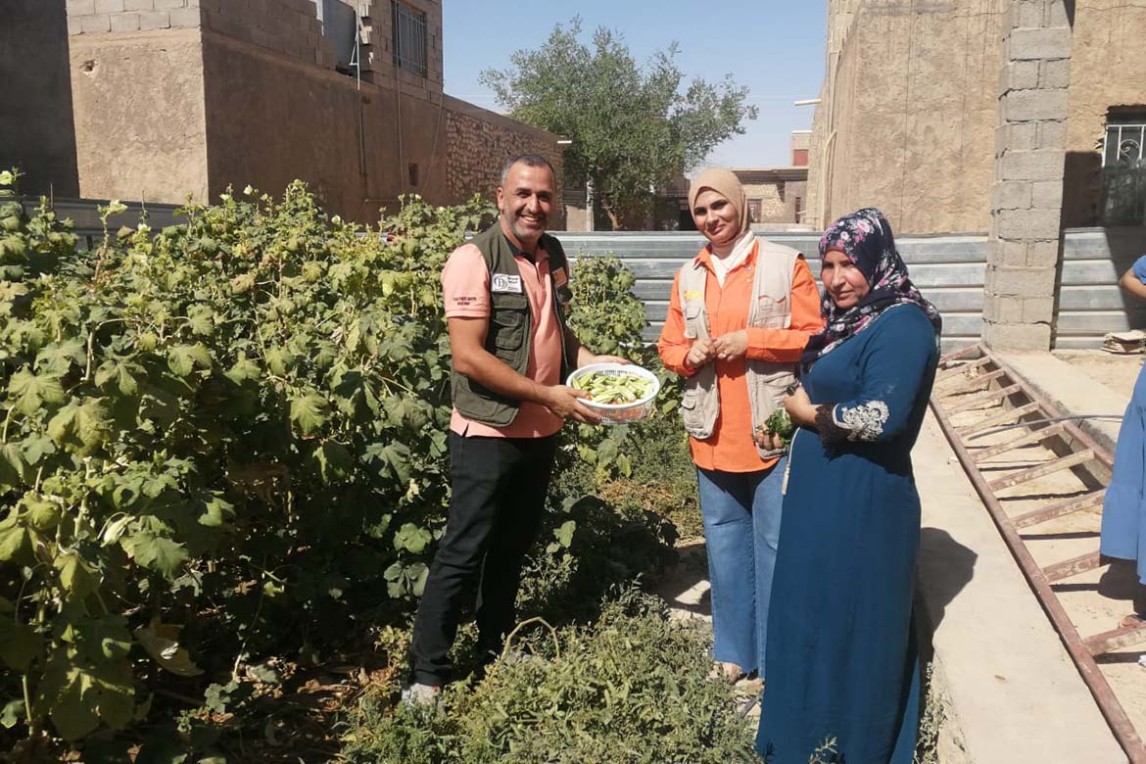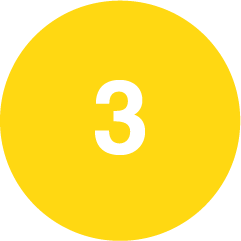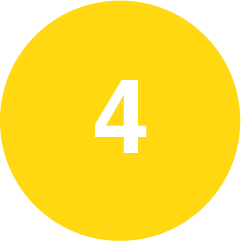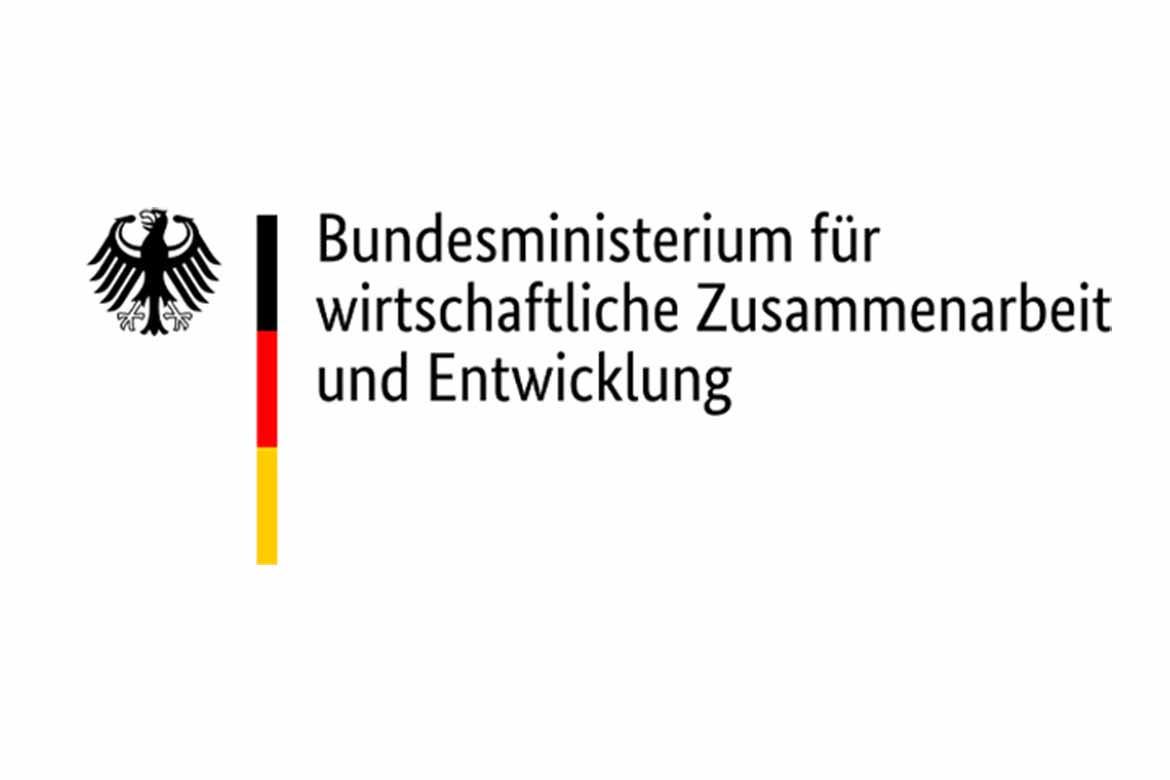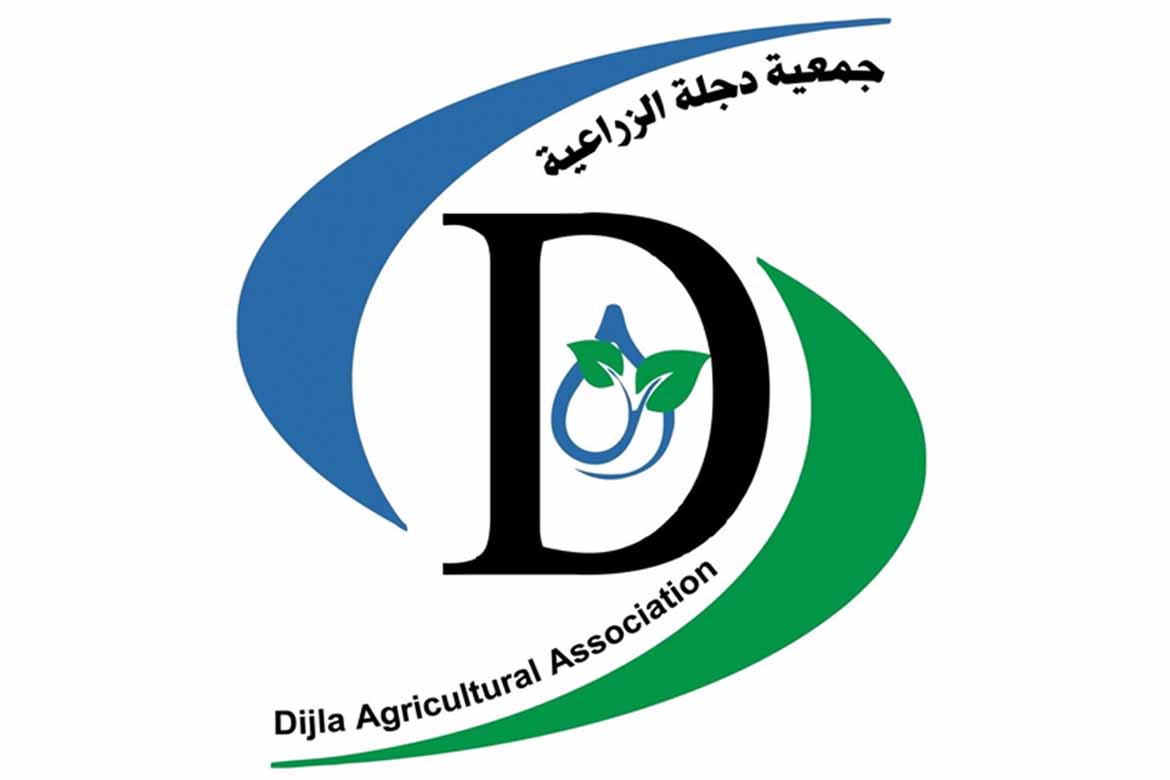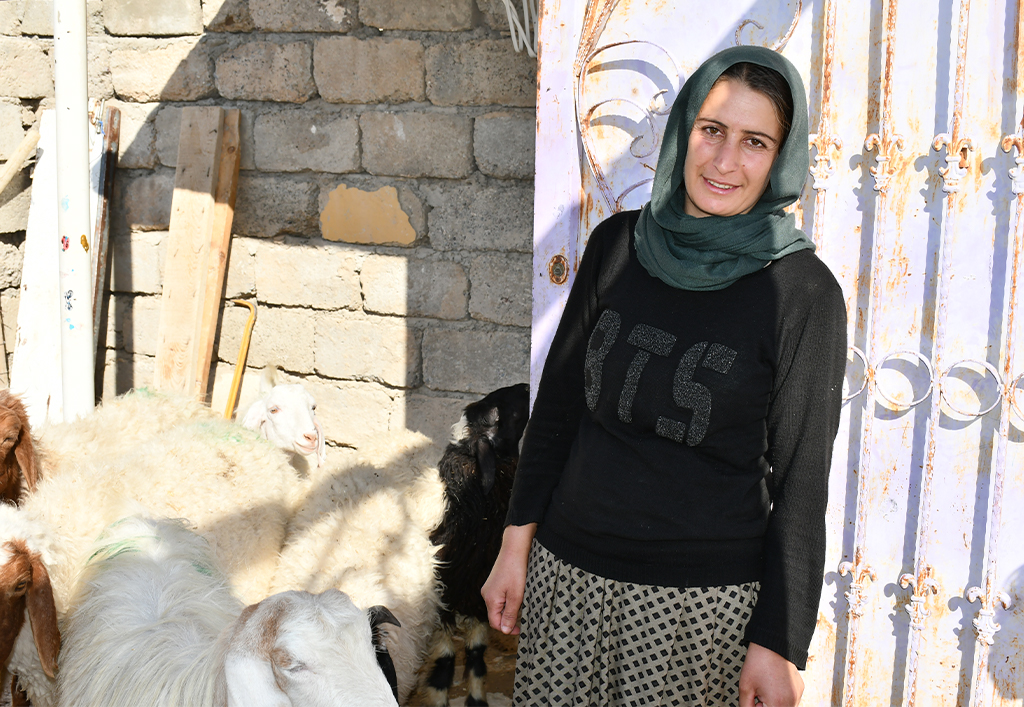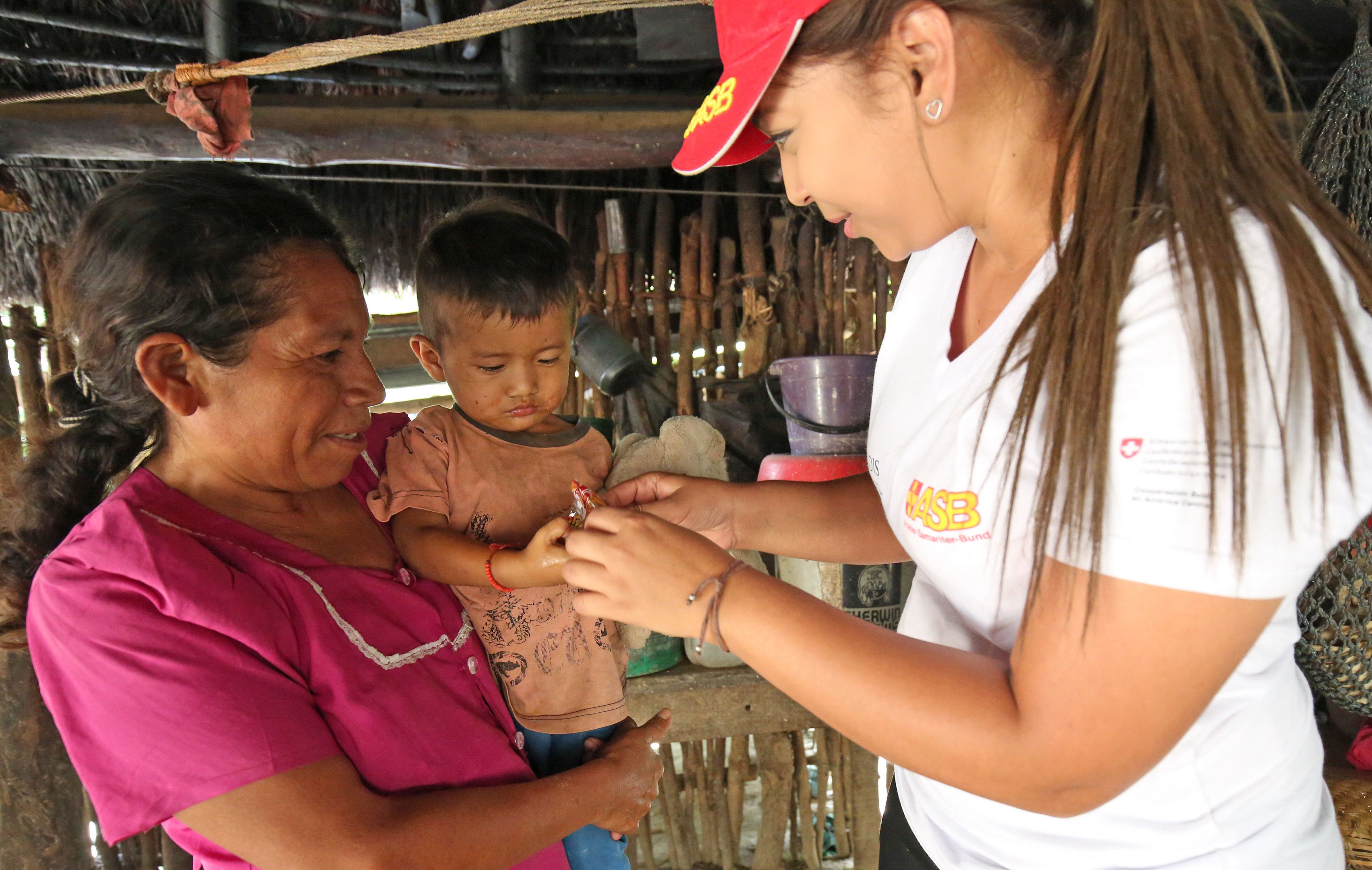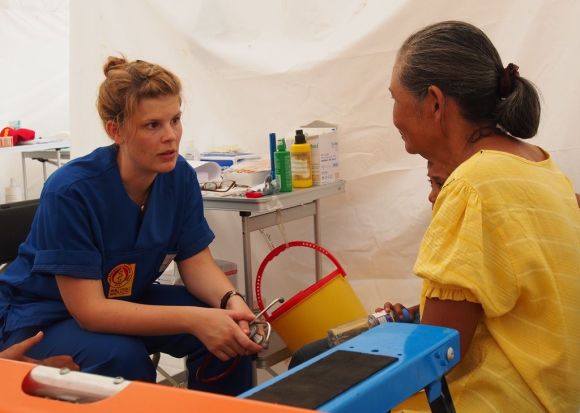-

Project title: Creating improved livelihoods and increasing resilience for conflict-affected residents and returnees in Anbar province
-

Project region: Anbar province, Ana, Haditha, Rutba districts
-

Project volume: € 3.35 million
-

Financing: BMZ transitional aid
-

Duration: 30/10/2020 - 31/12/2024
-

Target group: 12,760 vulnerable smallholder families (returnees and residents, especially households run by women, households with people with disabilities), 100 municipal employees in field services, 60 employees of state structures
